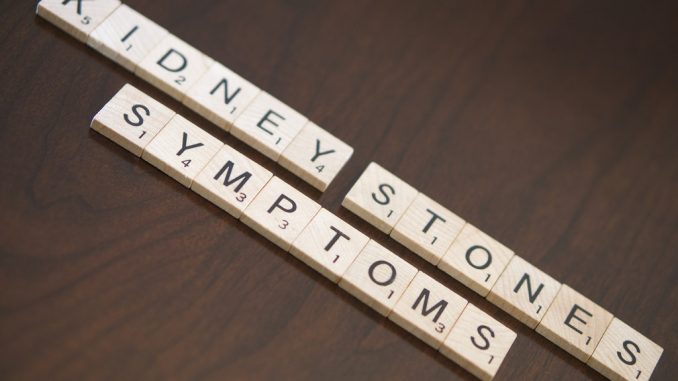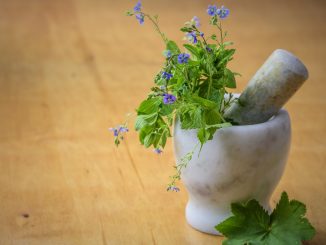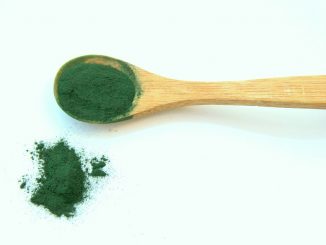
Kidney stones are hard deposits of minerals and salts, formed in the kidneys. They have a multitude of causing factors, and can affect the urinary tract from the kidneys to the bladder.
Treatment should be supervised by a professional, and could consist either of medication, or in some cases, depending on the severity of the situation, surgery. After successfully treating them, your specialist may recommend preventive treatment, to prevent other stones from occurring.
Most of the time, kidney stones don’t show any symptoms unless they move inside the kidneys. The severe pain they can cause is called renal colic, and is only felt when the stones are moving. In men, the pain can be felt all the way to the inguinal area.
These are the most frequent symptoms:
- Acute pain, strongly felt from under the ribs to the lower abdomen
- The pain is periodic, cyclic
- Difficulty and pain while urinating
- The presence of blood in the urine
- The urine may be red or brown in color
- Nausea and vomiting
- Frequent fever and chills
Main causing factors
Kidney stones do not often have a particular cause, although many factors can increase the risk of developing them. Usually, kidney stones are formed when the urine contains several substances that create crystals – such as calcium, oxalate and uric acid.
Risk factors that can lead to kidney stones
Family history. If a family member has or has had kidney stones, you might have an increased risk of getting them, too. Separately, if you’ve already dealt with a kidney stone before, your risk of developing more is higher than for someone who has never had one.
Dehydration. If you do not drink enough water, you increase the risk of kidney stones. People who live in warm and hot climates may be at greater risk.
Various diets. Consuming foods rich in protein, sodium (salt) and sugar may increase the risk of developing some types of kidney stones. This is especially true with a diet rich in sodium.
For example, eating a lot of salt increases the amount of calcium the kidneys need to filter, and significantly increases the risk of kidney stones.
Obesity. The increased body mass index (BMI), the large waist size and weight gain are known to be associated with an increased risk of kidney stones.
Inflammatory bowel disease or chronic diarrhea can cause changes in the digestive process that affect calcium and water absorption, increasing the risk of kidney stones.
Treatments
There are several types of treatment when it comes to kidney stones, largely depending on their size and location.
Thus, if the stone is small, the doctor can recommend the patient to drink plenty of water that can help remove the stone, and if pain occurs, painkillers can be prescribed. There is also a form of shock wave treatment – litotripsy. With the help of a medical device, shock waves will break the stones into small pieces, which are later removed naturally through the urine.
In more severe cases, surgery can be effective in removing larger kidney stones.
t is very important for the stone to be sent to a laboratory for further investigation, in order to determine its type. The doctor will normally prescribe a personalized diet, to help the patient avoid further relapsing of the kidney stones.



Leave a Reply